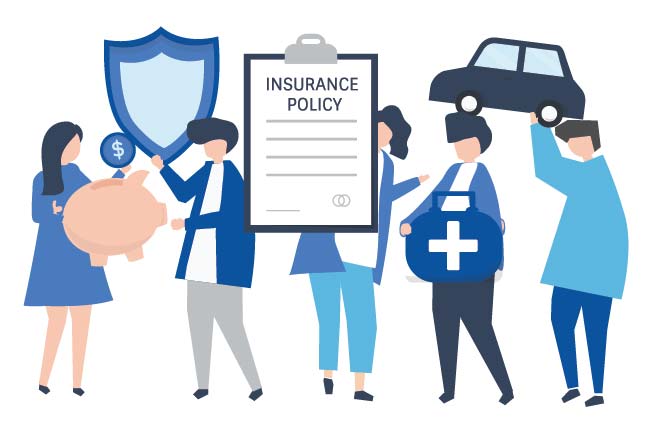When Should I Renew My Health Insurance Plan?
Health insurance policies are a significant financial commitment given the escalating expense of healthcare in India. However, it’s crucial to keep in mind that health insurance policies often have a one-year expiration date and must be renewed yearly.
Benefits of Getting Your Health Insurance Renewed Before It Expires
Renewing your health insurance policy before it expires has numerous advantages. These consist of:
- Continuous Coverage
You will have coverage that is unbroken and will shield you from any unplanned medical expenses Continuous coverage ensures that you will always be covered in the event of unanticipated medical crises.
- Waiting Period
If you have finished the policy’s waiting periods, they will still be in effect and not expire along with your insurance.
- Maintain Your Cumulative Bonus
If you have a claim-free history, you will receive a cumulative bonus at renewal; nevertheless, a lapsed policy will result in the loss of this benefit.Keep your premiums low because late renewals can result in higher premiums than timely renewals.
- Tax Benefits
Benefits related to income taxes: If you pay your health insurance premium on time, you are eligible to get tax credits and refunds under Section 80D of the Income Tax Act.
Is It Possible To Renew A Health Insurance Policy That Has Expired?
Your insurance will cease to be in effect once it has expired and you have missed a premium payment deadline. As a result, any claims you submit after the expiration date will be denied.
Documents To Bring On The Renewal Day:
The policyholder must bring both the policy renewal notice and check to the renewal appointment if they want to keep their coverage with the same company branch. However, if the insured chooses to switch branches, they will need to present the necessary paperwork.
- Last year’s regulations
- Notice of policy renewal
- Form of proposal
- Photographs
- A cheque for the amount requested
- Request letter
Additional Information Regarding Policy Renewal
During the time between the expiration of the policy and its renewal, the insurance company prohibits the policyholder from filing any claims. Before the grace period expires, the renewal must take effect. Some Additional information might also be helpful such as:
- If a policyholder decides to migrate, they are still eligible for the same benefits under the original policy.
- The insured might choose to switch agents or brokers at any time by submitting a request and stating their reasons.
- If the policyholder doesn’t file any claims throughout the year, no claim incentives are payable at the end of the year.
- Customers must give the current insurer 45 days’ notice before switching their plan’s insurance provider.
Adding Family Members At The Time Of Renewal
If the policyholder desires, after a set period, to include additional family members in the policy, he or she may do so at the time of renewal. During renewal, policyholders have the option to add or remove names from coverage and modify the terms. A person can, for instance, decide to include his parents in the family floater plan that already covers him, his wife, and their child at the time of the health insurance policy renewal.
Conclusion
Health insurance policies provide protection from unforeseen financial difficulties when receiving medical treatment. Therefore, it’s crucial to make sure you have ongoing coverage in the event of a medical emergency. Only by making sure you renew the policy on time each year can you do this.
When Should I Renew My Health Insurance Plan? Read More »








